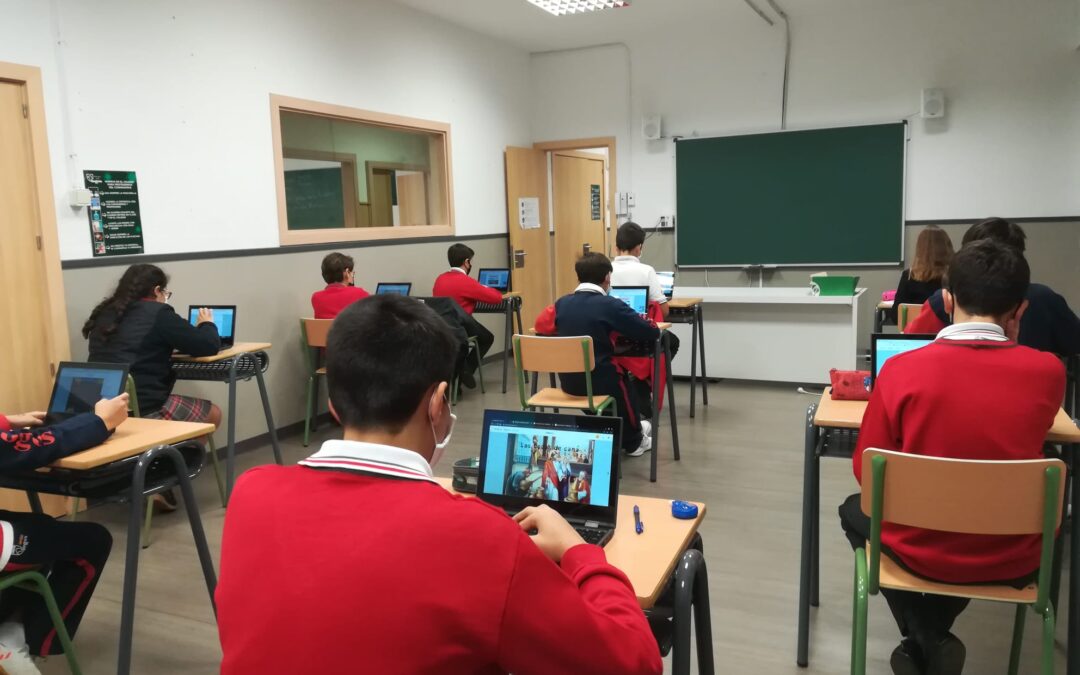Meaningful learning is achieved through the implementation of different tools and resources such as educational methodology. An opportunity to motivate students in the understanding and analysis of the concepts taught in the classroom.
The choice of an educational methodology must respond to the characteristics of the group and the context in which it is developed. Surely you have heard about new teaching methods that employ different techniques of educational innovation, today from Logos International School, a private school located in Las Rozas, we are going to talk about what is and what is the educational methodology.
What is educational methodology?
Educational methodology can be defined as the way in which teachers and pedagogues develop their daily practice. Through a set of tools, techniques, strategies and didactic methods, they seek to consolidate content, motivate and give meaning to knowledge, as well as evaluate, diagnose and analyze students' abilities and difficulties.
The educational methodology is developed around the different learning theories, where the role not only of the teacher, but also of the student as an active being is contemplated. There is no one methodology that is more effective than another. Everything depends mainly on the context where it is implemented and the characteristics of the group.
What does it consist of?
The teaching and learning process is complex, since each individual acquires knowledge in a different way. When teaching content, it is essential that the teacher diagnoses and evaluates the way in which he/she will be able to consolidate the learning process in his/her students. It is under this principle that the educational methodology arises.
There are different types of educational methodologies. On the one hand, there are the traditional ones that include processes or techniques such as:
- Master classes.
- Knowledge-based teaching processes.
- Laboratory practices.
- Tutoring.
- Exercise resolution.
- Learning by repetition.
On the other hand, there are educational methodologies with a more innovative aspect. For example, gamification in the classroom. This technique transfers the mechanics of games to the teaching and learning processes in the search for better results, either for the acquisition of knowledge or to enhance a skill. It is an active methodology that motivates students to learn in a different way.
Another educational methodology currently widely used in educational institutions is through discovery learning. Under the application of this technique, instead of students receiving the contents in a passive way, they receive them in a more participatory way. Optimal conditions are created and designed for them to discover the concepts and their relationships in an active way.
When implementing an educational methodology, regardless of the traditional, active or discovery method, among others, it is of vital importance to take into account the following aspects:
- Students' previous contents and ideas.
- Application in daily life.
- Where they will be implemented.
- Profitability
- Ease of application.
- Available resources.
- Application time.
There are different educational methodologies whose implementation requires different efforts and dedication on the part of the teachers, but thanks to the implementation of new innovations in educational techniques, little by little this effort is being reduced in its application, improving the results.
At Logos International School we have 4 fundamental pillars: training in values, languages, innovation and sportsmanship that favor not only good and stable academic results, but also an extraordinary human development. Through the union with families we seek a harmony in education that complements educational criteria.


